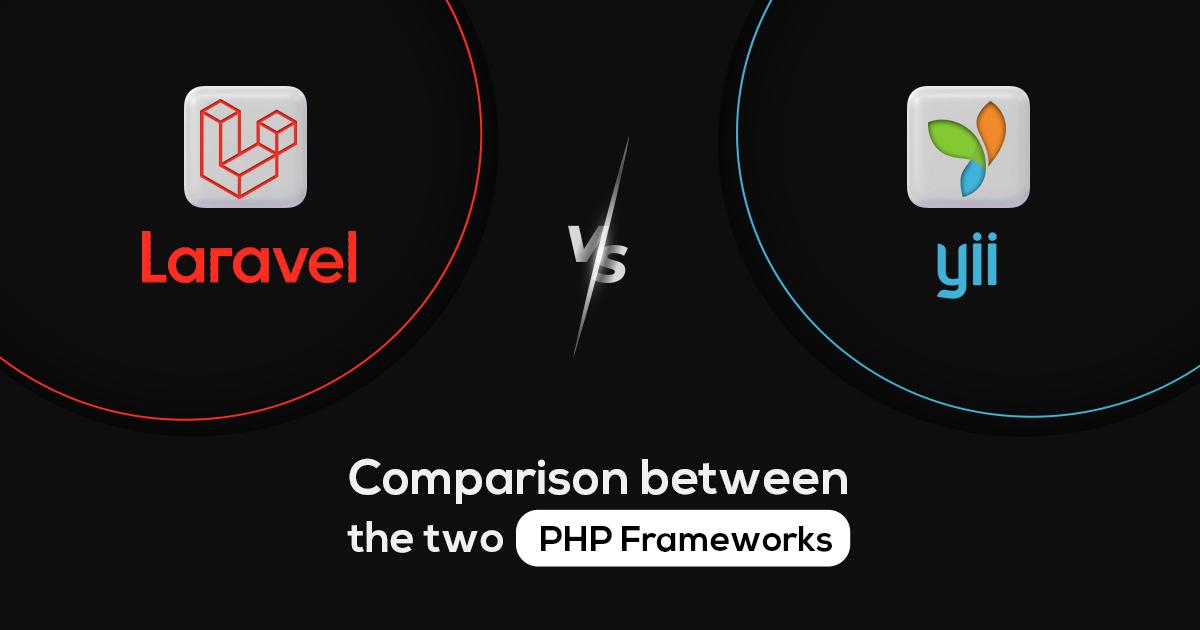APIs, short for application program interfaces, are internally used software systems that store data for firms. Simply, they are the functions within servers that can streamline business actions and needs by allowing seamless, often automated communication between systems.
Many large firms have begun using APIs in their varied processes as they are currently at the forefront of technological, supply chain innovation. Hailed by The New York Times as the modern-day Rosetta Stone, this technology has only just begun its impact on firm efficiency and capabilities. Companies should consider implementing APIs now to be able to glean the benefits of their future applications and developments as well.

By streamlining the technological processes of firms, APIs offer a slew of other benefits. Integration of vital information across systems will make your firm better able to do what it needs to. In turn, greater efficiency and simplicity by definition lead to saved costs.
Furthermore, the versatility of APIs cannot be overstated. For instance, firms may be more able to pursue partnerships with other firms due to the new and improved capabilities (namely, easy data communication between systems) allowed by the implementation of APIs. You are also able to personalize the API to meet the needs of your company.
Finally, firms that implement APIs illustrate that they are able and willing to adapt to hot-off-the-press technological innovation; this not only reflects the desires of the team to remain competitive, but it also highlights the fact that firms are ready for the future technological innovations that will come and transform the marketplace.
Companies that wish to remain competitive should quickly implement this revolutionary technology, as APIs are beyond necessary from a technical standpoint as they are speedily becoming definitive of efficient supply chains.
How Do I Implement APIs?
APIs are unique to specific companies’ needs and therefore need to be custom-coded for the personalized software that APIs offer. There are a few options for determining how to custom code your API.
Companies can choose to either train inside talent on how to do so or hire outside developers. There are advantages to both. On the one hand, inside talent gains additional universally beneficial skills and is able to concretely maintain the company’s security and sensitive information.
On the other hand, using outside developers means that companies can focus on their particular field instead of utilizing precious resources to develop software. Also, outsourcing to others can mean hiring advanced experts in their field with the cutting-edge skills needed to implement this technology.
API Implementation Tips
API implementation is a complex but necessary endeavor. Here are some tips to simplify the often overwhelming process of shifting your firm’s technological capacity:
- Make sure to assess your company’s current technological abilities: How difficult will it be to implement APIs at your firm? Being aware of this is important in knowing how much time will need to be dedicated to the implementation and management of APIs.
- It is vital to review how you want APIs to work for you. How can your servers work together? What data do you want to be accessible across systems and servers? What kind of data connection would benefit your firm most? Finding out this information is essential to utilizing APIs in a way that is most beneficial to your company.
- Also, APIs are currently at the forefront of the technological ecosystem. However, information technology is continuously evolving and it is vital to your firm’s success to remain competitive. Make sure that you keep up with your APIs, manage, develop, and optimize them persistently, and ensure they are always flexible for future developments.
- Finally, make sure that your firm implements APIs securely. With this level of information communication and in this digital age, it is vital to make sure that your sensitive company data remains secure. Make security part of the API development and implementation.
In conclusion, application program interfaces (APIs), the cutting-edge information technology for firms currently, allow for customized, seamless data communication between systems in a way that benefits a unique firm. Implementation of custom code and development can be a barrier to their adoption, but they are a great way to make sure your firm remains competitive in a constantly evolving marketplace.
About the Author

Mikayla Middleton is an Account Executive at ShipEngine who works with platforms and large merchants to make their shipping workflows more efficient. Mikayla helps users focus on other parts of their businesses, without having to stress about shipping. Mikayla has worked with many great companies including Volusion, Tobi.com, Sellbrite, and RTIC.








